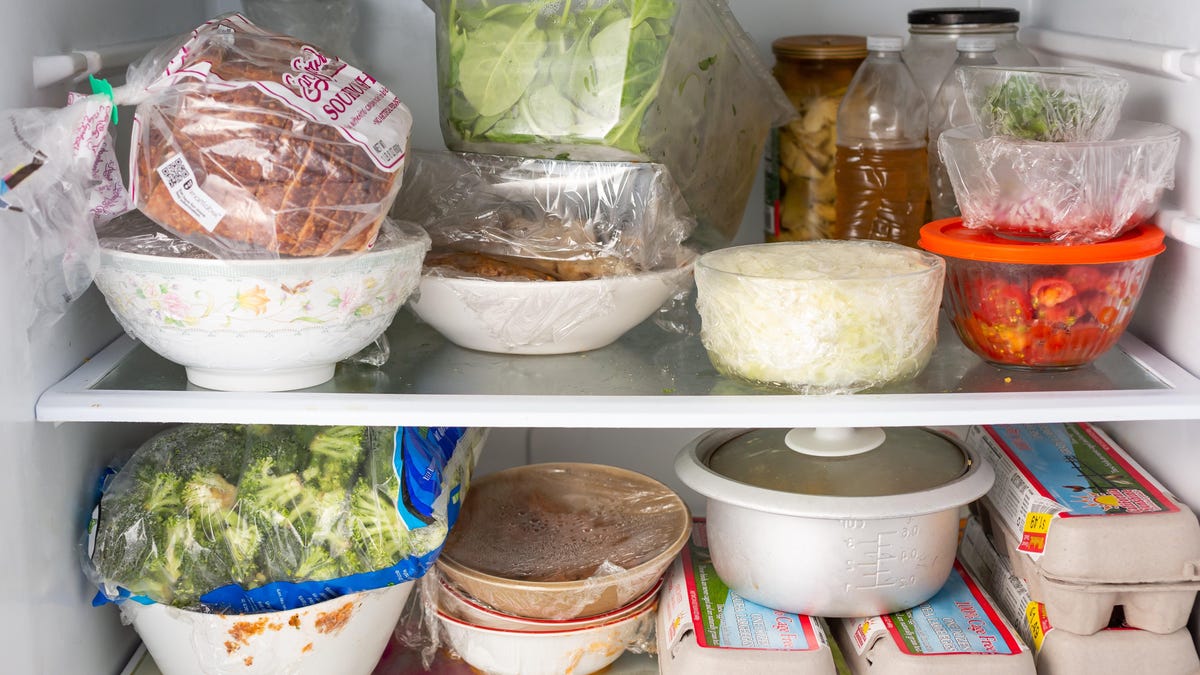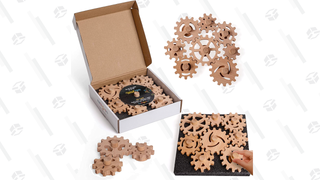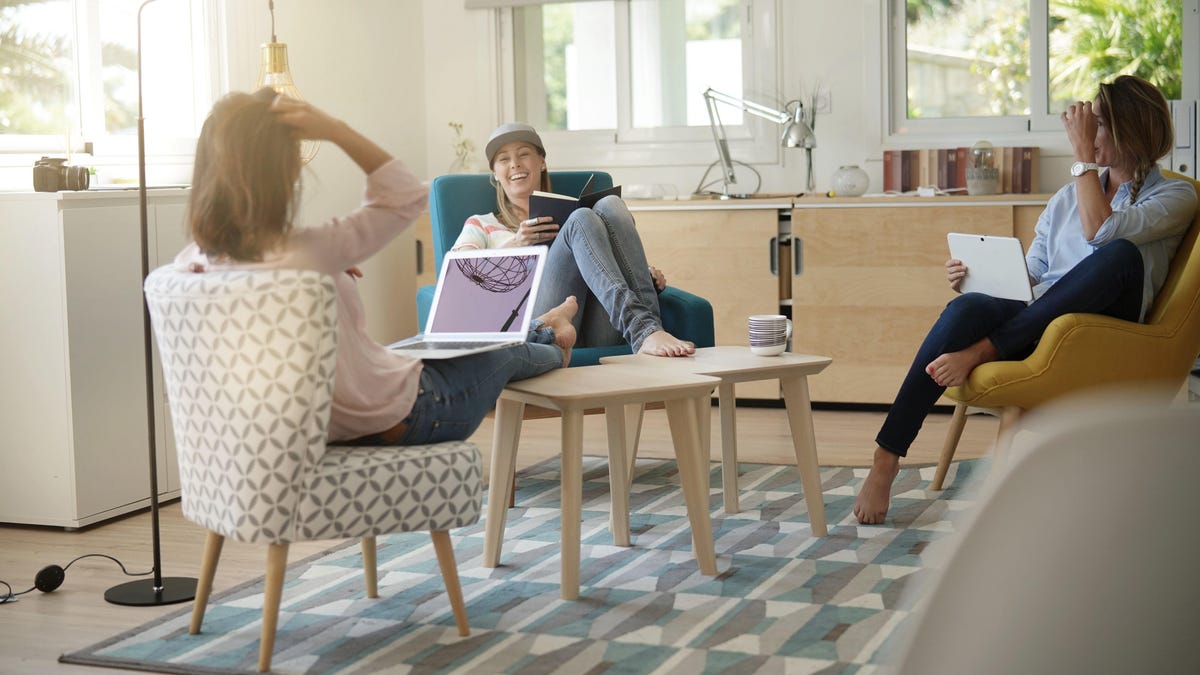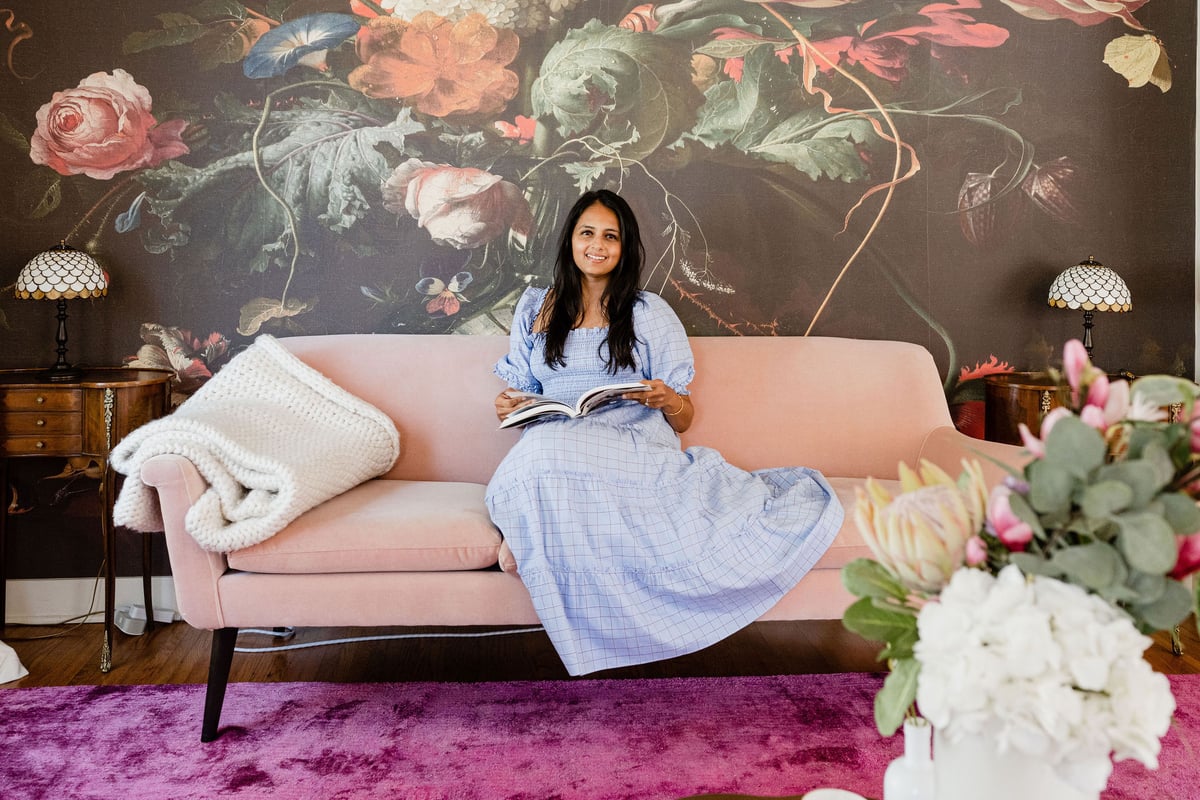Your Crowded Thanksgiving Fridge Needs Cardboard Shelves
The best part of hosting Thanksgiving is serving an impressive meal. The worst part is finding a way to store everything in the fridge and freezer beforehand. Between pies, casseroles, five pounds of cooked potatoes, and, oh, that massive...


Photo: The Image Party (Shutterstock)
The best part of hosting Thanksgiving is serving an impressive meal. The worst part is finding a way to store everything in the fridge and freezer beforehand. Between pies, casseroles, five pounds of cooked potatoes, and, oh, that massive 15-pound bird dry-brining on the entire bottom shelf, how do you find space, short of renting a second fridge? Raid your cardboard recycling stash and start stacking.
I first used this storage tactic to store semi-finished pies. Let’s say I had two or three pudding or curd pies that were already filled, and awaiting party time. Instead of laying them next to each other and wasting all the vertical space above them, I put a cardboard cake circle slightly larger than the circumference of the edge of the pie plate right on top of it, and stacked the next pie on top. Not only did this save space, but it kept my fridge more organized. (If you’re not a cake decorating dweeb and you don’t have cake circles, you can just use a plain ol’ piece of cardboard cut to be slightly larger than the pie plate.) The pies stayed safe and cool, and I used all that extra space for other food. When pie time arrived, I unstacked the pies, finished them with a mound of whipped cream, and got to eating. This hack is particularly clutch for custard-based pies like pumpkin and sweet potato that must be stored in the refrigerator.

Photo: Allie Chanthorn Reinmann
This stacking trick can work for anything in a tall-sided vessel. For bowls or large casserole dishes without a flat lid, cut one out from a piece of cardboard. Note this will only work with containers made of a strong material like ceramic, glass, or stainless steel; if you’re stacking disposable containers made of aluminum, it’s best to put those on top as the material is fairly weak and I wouldn’t trust it to hold much weight. Generally, keep the heavy, sturdy stuff at the bottom, and the lighter, weaker stuff on the top. Any loose items wrapped in foil can be stored on the top layer as well.

Photo: Allie Chanthorn Reinmann
To create your own cardboard “shelf,” you can cover the to-be-stacked vessel with some foil, or whatever wrap you like to use, though it’s not necessary. Place a piece of cardboard to measure it. Estimate the length and width you need, and mark it. No need to be perfect, just let the cardboard extend slightly past the edges of the dish. Using scissors or a box cutter, cut the cardboard to the size you marked. Put the container in the fridge or freezer, and then place the cardboard on top. Stack on the next casserole, pie, or foil wrapped dinner rolls, and enjoy actually having some wiggle room for once.

 UsenB
UsenB 





























.jpg&h=630&w=1200&q=100&v=6e07dc5773&c=1)



